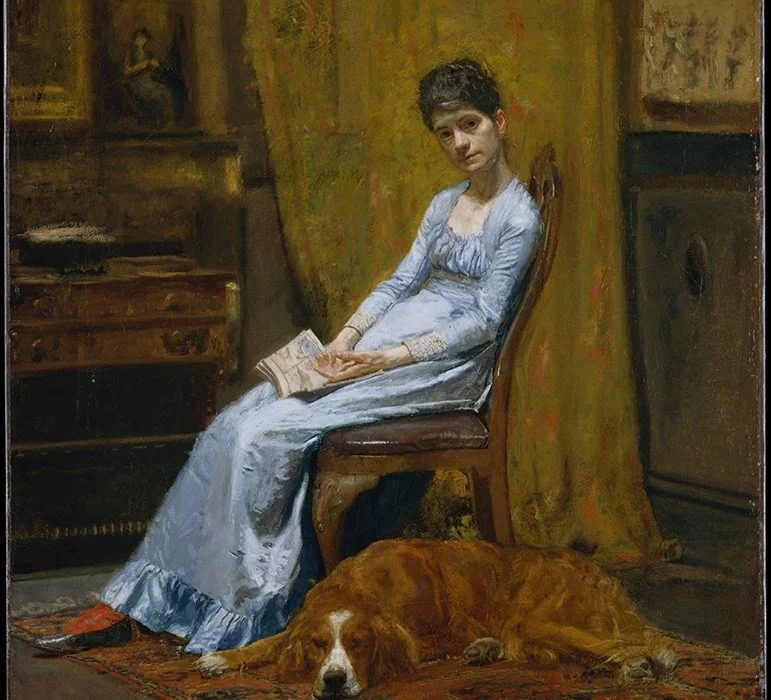Relationships • Finding Love
Getting Better at Picking Lovers
For a long time, it can seem as if we are just ‘unlucky’ in love. We spent three years with one person and sadly, it was very tumultuous and in the end, they left us for someone from work. Then came another partner who – after a promising start – turned out to be rather cold and disdainful. Then there was our most recent friend who, though undoubtedly tender in parts, could never be wholly present in, or committed to, the relationship.
All this can seem like a series of accidents. Until, very slowly, perhaps prompted by a kind and clever friend or therapist, we may grow better able to study our patterns. Whatever we tell ourselves, it may be that we have for a long time been picking characters who – we must somewhere inside us know – would not allow matters to flourish. We may have been studiously avoiding a deeply troubling possibility: reciprocated love.

And we may do so because our childhoods strongly versed us in the need to accommodate ourselves to a difficult or unavailable parent. In our early years, our leading emotional priority might have been: ‘How can I survive around someone who should love me properly but doesn’t?’ And even more importantly: ‘How can I ensure that I am not even aware of my deprivation?’ When they have no alternative but to suffer, children have a highly disturbing yet necessary facility either to overlook or to reconfigure the sources of their own neglect.
So good may we have become at selective blindness, it may now influence the way we approach every candidate on our path. To combat our weakness, we might – after any set of promising dates – ask ourselves a frank question: ‘Do we really, really think that this person might have the psychological equipment to allow for a kind and emotionally mature relationship to develop?’
To extend our enquiries, we might turn over some of the following:
— Could they be our equal or are we fated to always be the one holding things up?
— How capable could they be of looking after us – as we look after them?
— Where is this situation likely to be in two years time? And five or ten?
— They may look lovely, but how wise are they, what reserves of stability and goodness might they have?
— We may be charmed by their wit and their air of drama, but can they ever stop acting the child and meet us as fellow adults?
— We may be moved by their distant, melancholic air, but to what extent do their troubles allow them to engage with anyone else?
— They may have an impressive career, but could it sometimes be put aside for our sake?
— In short, if our life depended on it (and in a way it does), should we be proceeding?
We should develop ears as sensitive as a rabbit’s to tell-tale signs of emotional withholding, immaturity, trickiness and stuckness – the sort of ears that other people acquire without even noticing. Gradually we should learn to do what we always claimed we were doing: looking for love – not ecstatic torment or fascinating indifference, exhausting evasion or bitter-sweet abandonment.
We should take pride in flexing our newly-discovered ‘can-this-person-maturely-love-me’ muscle and bringing it to bear on anyone who comes our way. It may be one of the most important faculties we are ever kind enough to ourselves to nurture.


























